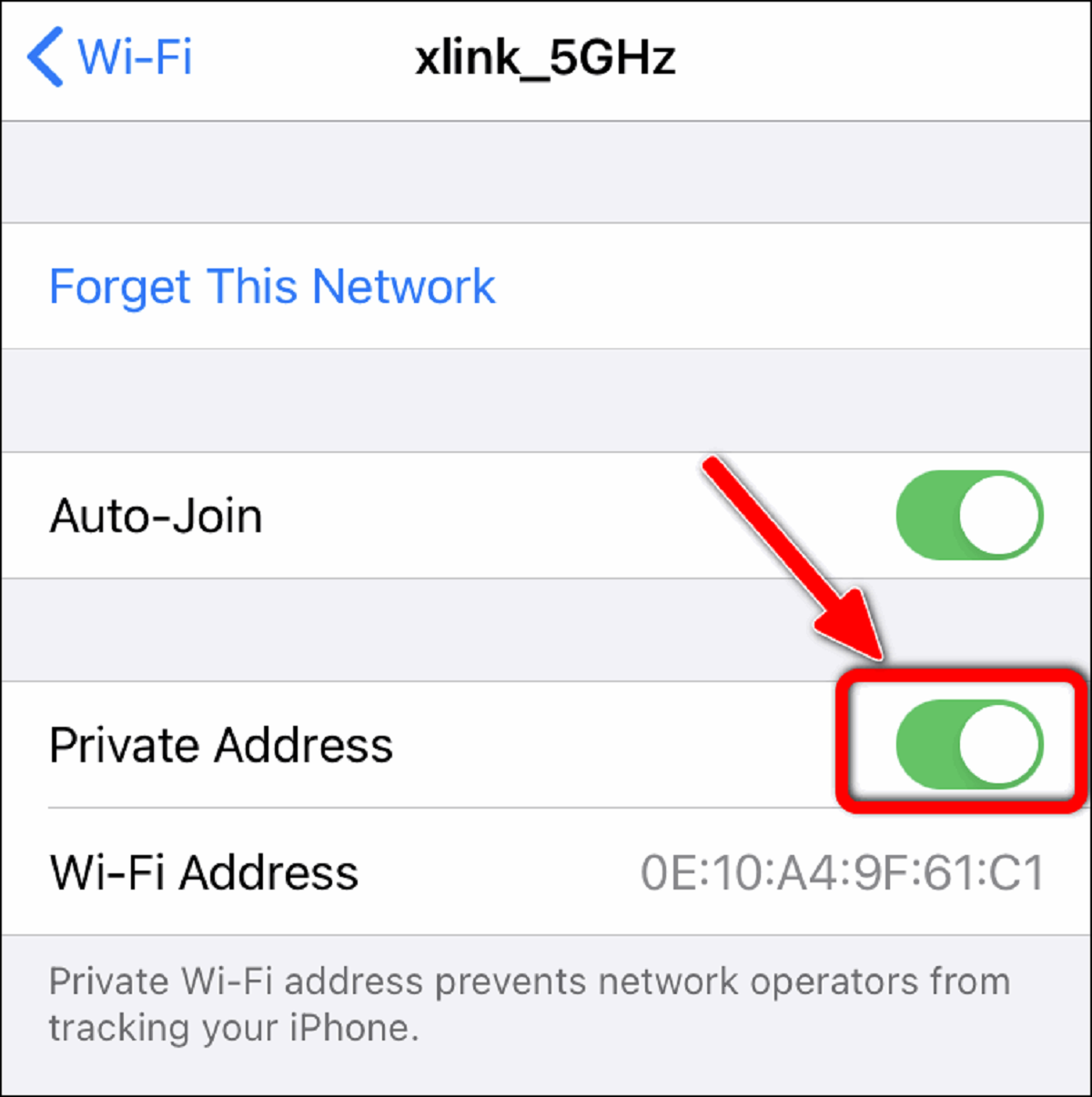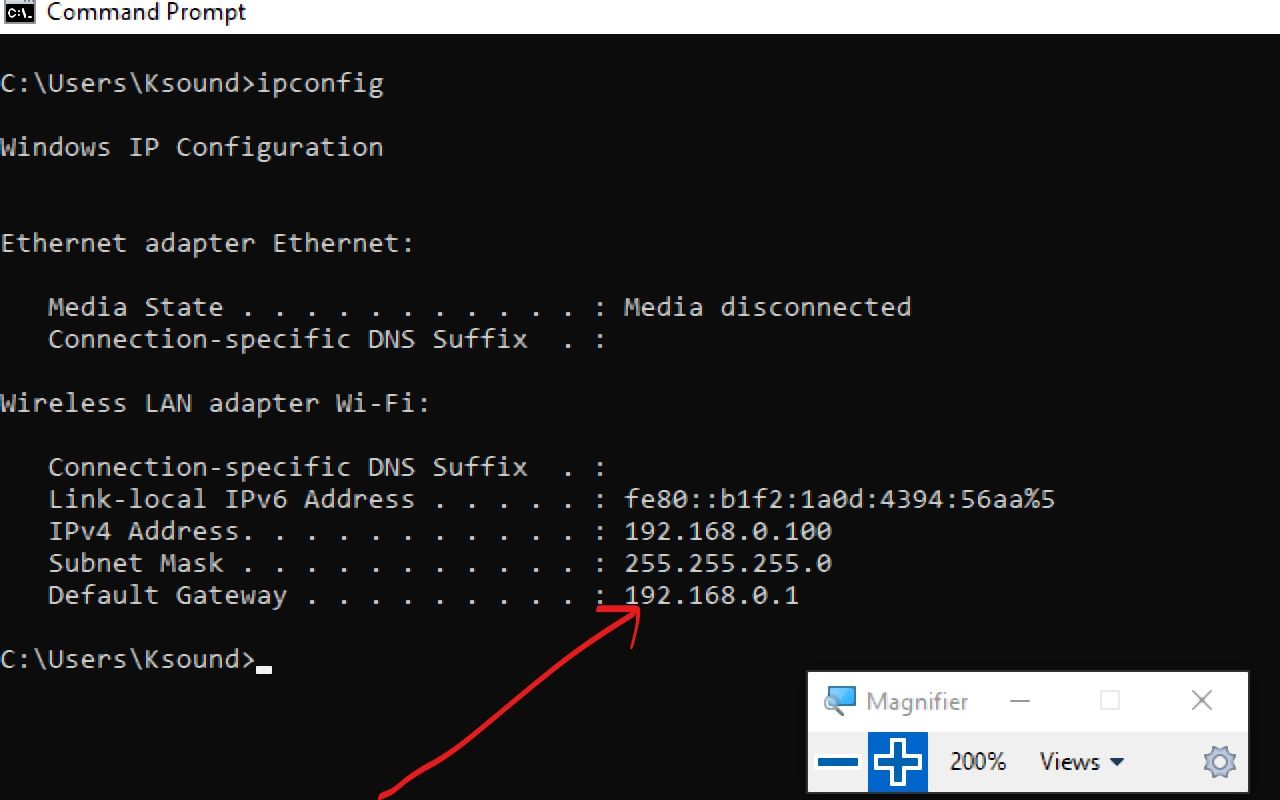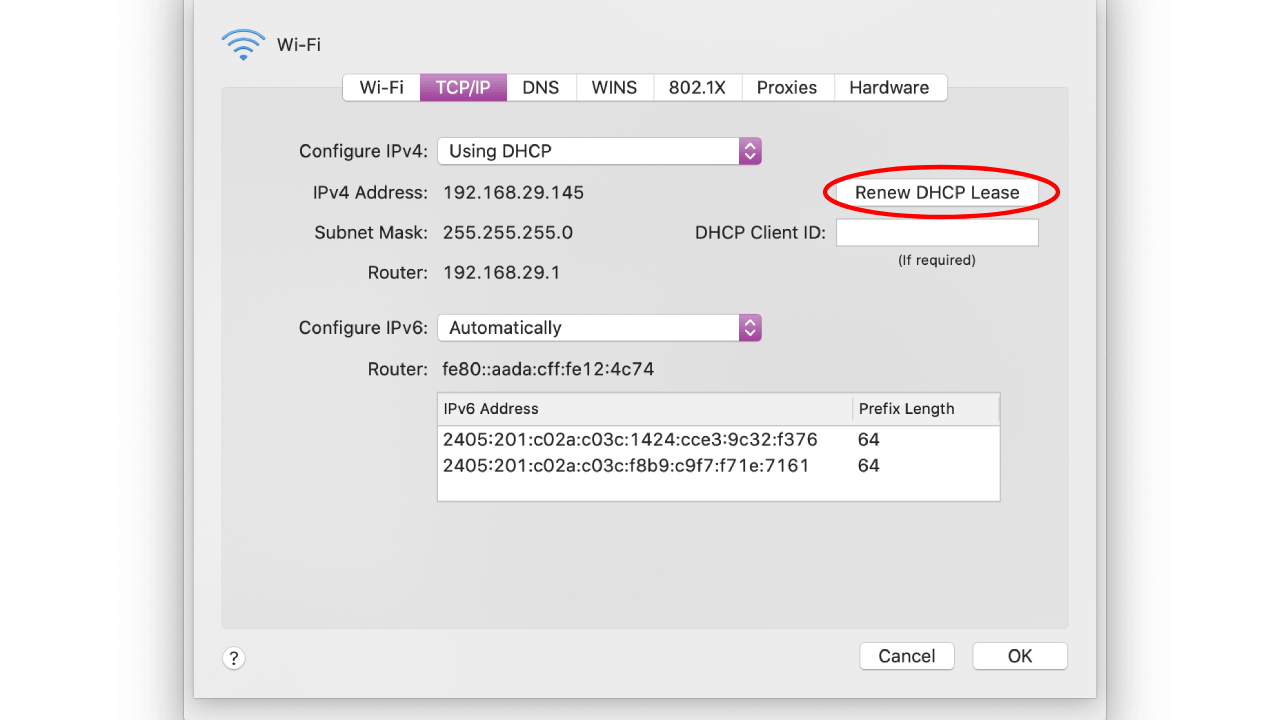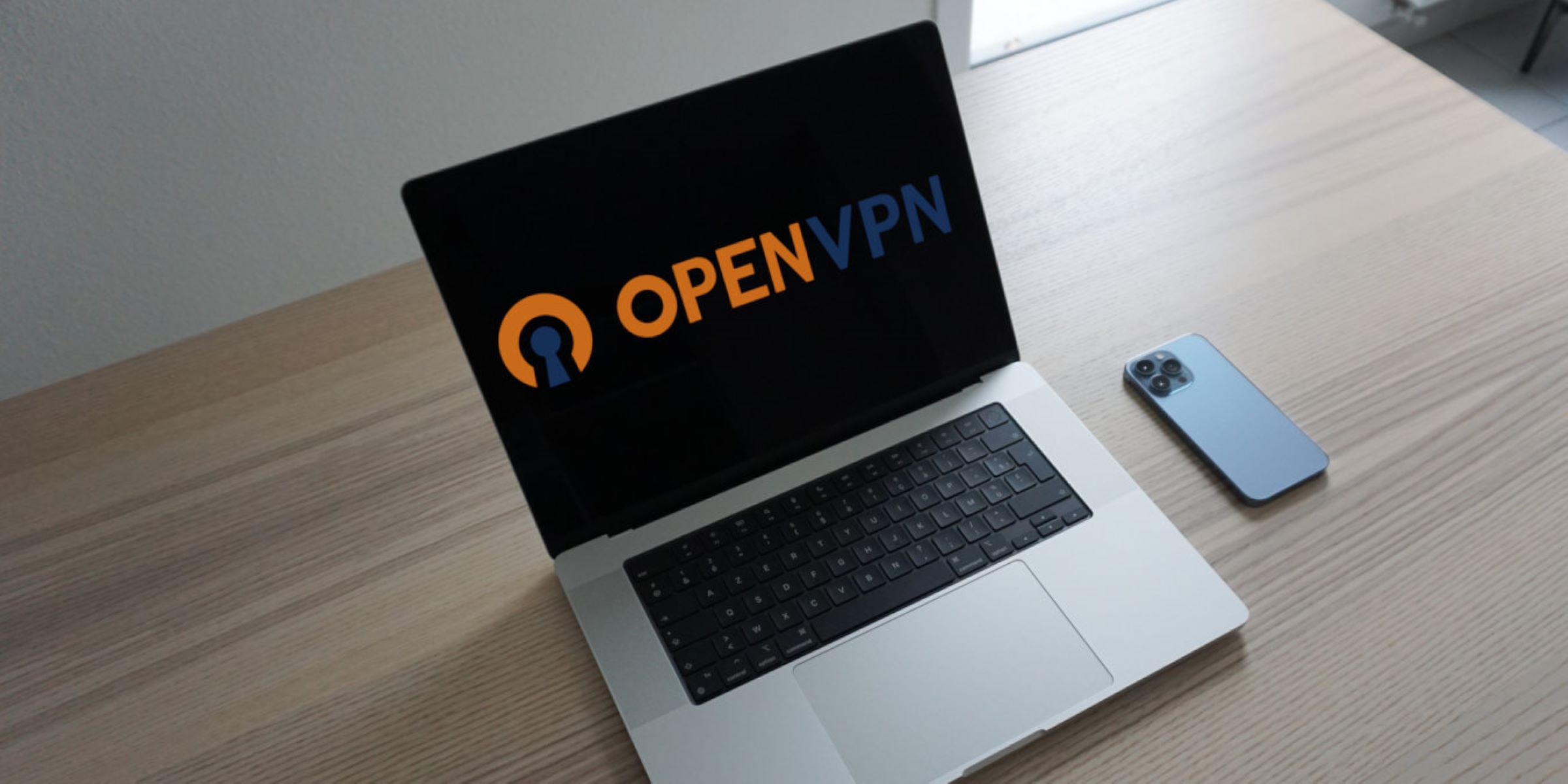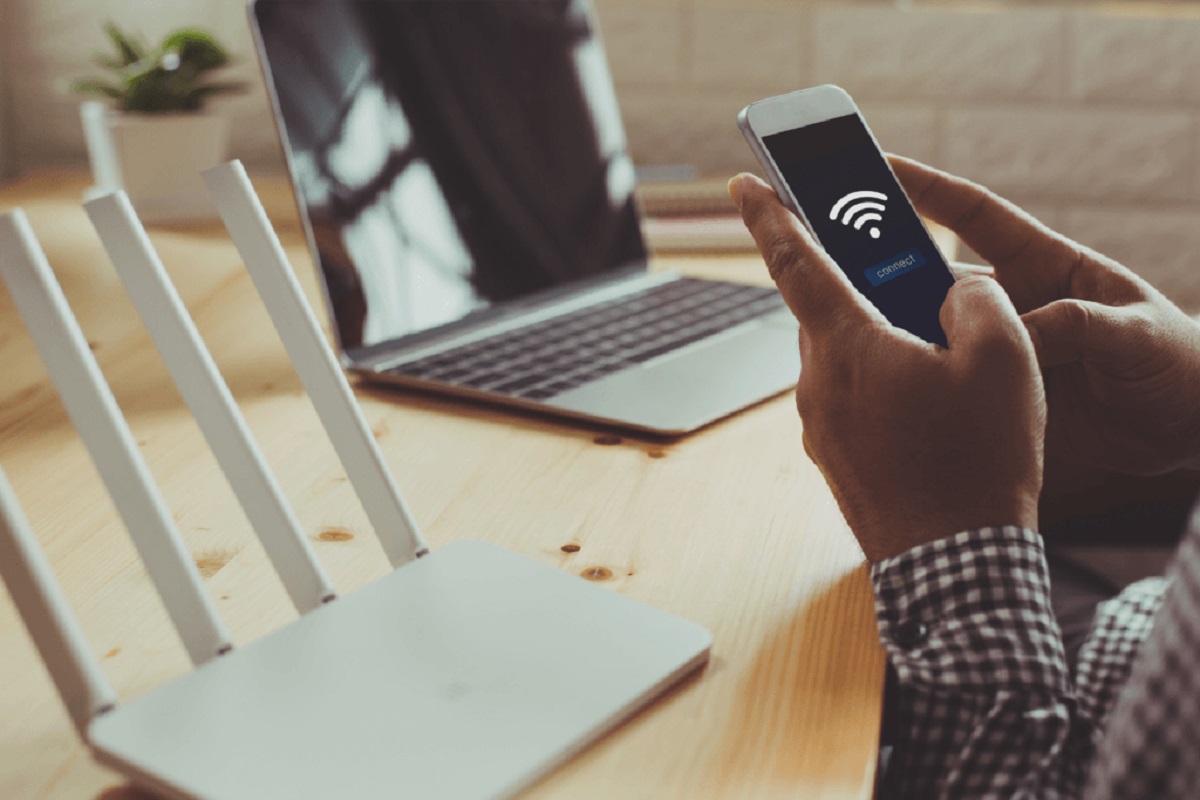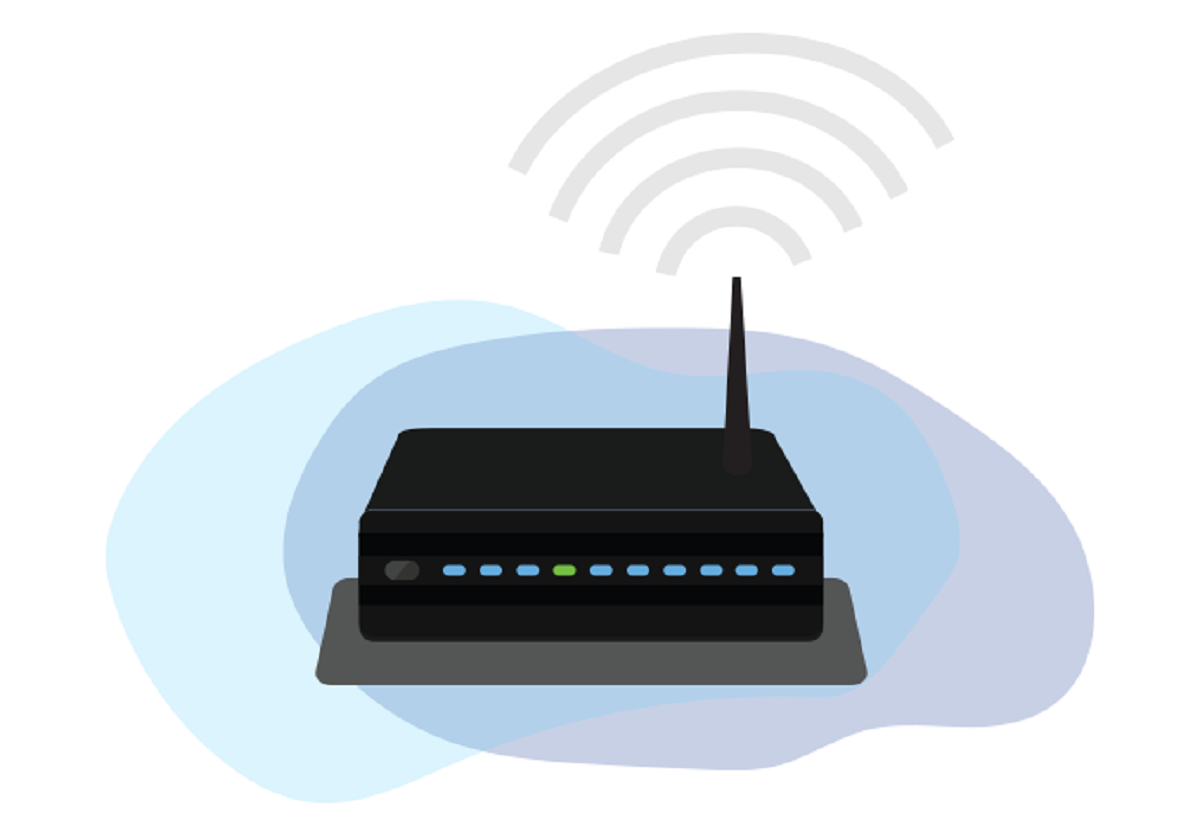Introduction
Welcome to the digital age, where technology has become an integral part of our daily lives. As we rely more and more on the internet for various activities such as online shopping, banking, and communication, the need for secure and private connections has become increasingly important. One such measure to protect your online activities is through the use of a private WiFi address.
But what exactly is a private WiFi address and why is it necessary? In this article, we will delve into the intricacies of private WiFi addresses, their benefits, how to enable and use them, as well as important security and privacy considerations.
Whether you’re concerned about protecting your sensitive information, safeguarding your online activities from prying eyes, or simply looking to enhance your privacy while browsing the web, understanding and utilizing a private WiFi address can go a long way in ensuring a secure and seamless online experience.
So, let’s dive into the world of private WiFi addresses and empower ourselves with the knowledge we need to safeguard our digital lives.
What Is a Private WiFi Address?
A private WiFi address, also known as a randomized MAC address, is a unique identifier assigned to a device that connects to a WiFi network. In essence, it is like a digital fingerprint that distinguishes one device from another on a network.
Traditionally, devices would use a permanent MAC address, which is a 12-digit alphanumeric code assigned by the manufacturer. This address is unique to each device and remains constant, even when the device connects to different networks. However, using a permanent MAC address can pose privacy and security risks.
A private WiFi address, on the other hand, is a temporary and random MAC address that changes periodically. This randomization helps protect your device’s identity and makes it more difficult for malicious actors or advertisers to track your online activities based on your MAC address.
By using a private WiFi address, your device appears as a different entity on the network each time it connects, offering an additional layer of privacy and anonymity. This randomization helps to prevent various tracking techniques, such as MAC address tracking.
It is important to note that private WiFi addresses are typically used on public or untrusted WiFi networks, as they provide a higher level of security and privacy. On trusted networks, like your home or work WiFi, you may choose to use your device’s permanent MAC address for convenience.
Overall, a private WiFi address serves as a shield for your device, protecting your privacy and adding an extra layer of security when connected to public or untrusted networks.
Benefits of Using a Private WiFi Address
Using a private WiFi address offers several advantages when it comes to safeguarding your online privacy and security. Let’s explore some of these benefits:
- Enhanced Privacy: One of the primary benefits of using a private WiFi address is the increased privacy it provides. By randomizing your device’s MAC address, it becomes more challenging for third parties to track your online activities and collect your personal information.
- Protection Against Tracking: Internet service providers (ISPs), advertisers, and other entities often use MAC addresses to track user behavior and target personalized advertisements. A private WiFi address makes it more difficult for these entities to associate your device with your browsing habits, helping to protect your online privacy.
- Preventing Device Profiling: MAC addresses are often used for device profiling, where companies create profiles of users based on their online behavior and preferences. By using a private WiFi address, you can prevent your device from being easily identified and categorized, offering a greater level of anonymity.
- Securing Sensitive Information: Public WiFi networks can be vulnerable to various cyber threats, such as Man-in-the-Middle attacks. By utilizing a private WiFi address, you add an extra layer of security to protect your sensitive information from being intercepted or compromised.
- Easy Adoption: Many devices, operating systems, and WiFi routers now support private WiFi addresses, making it convenient and straightforward to enable this feature. With just a few clicks, you can enhance your online privacy without significant changes to your device or network setup.
These are just a few of the benefits that come with using a private WiFi address. By adopting this practice, you take control of your online privacy and security, ensuring a safer and more private browsing experience.
How to Enable and Use a Private WiFi Address
Enabling and using a private WiFi address is a straightforward process on most devices and operating systems. Here’s a general guide on how to enable and use a private WiFi address:
- iOS (iPhone/iPad): On your device, go to Settings > Wi-Fi. Tap the “i” icon next to the network you want to connect to. Toggle on the “Private Address” option. Your device will now use a private WiFi address when connecting to this network.
- Android: The process can vary depending on the Android version and device manufacturer. In most cases, go to Settings > Wi-Fi. Tap and hold the WiFi network you want to connect to, then tap “Modify Network.” Look for the option to enable a random MAC address or private WiFi address and toggle it on.
- Windows: On your Windows computer, open the Settings app and go to Network & Internet > Wi-Fi. Click on the network you want to connect to, then click the “Properties” button. Look for an option related to MAC address or privacy settings, and enable it.
- macOS: On your Mac computer, click on the Wi-Fi icon in the menu bar. Select “Open Network Preferences.” Click on the Wi-Fi network you want to connect to, then click the “Advanced” button. Look for an option related to randomizing MAC address or privacy settings, and enable it.
- Linux: The process can vary depending on the Linux distribution and network manager being used. Generally, it involves accessing the network settings and enabling an option related to MAC address randomization or privacy settings.
It’s important to note that the steps provided are general guidelines. The exact instructions may vary depending on your device’s operating system version and manufacturer. If you’re unsure about enabling a private WiFi address on your device, consult the manufacturer’s documentation or support resources for more specific instructions.
Once you’ve enabled the private WiFi address feature, your device will automatically generate and use a randomized MAC address when connecting to WiFi networks. It’s recommended to periodically check and ensure that the private WiFi address feature is still enabled, especially after system updates or device resets.
By following these steps and enabling a private WiFi address on your device, you can enjoy a greater level of privacy and security while accessing WiFi networks.
Security and Privacy Considerations with Private WiFi Addresses
While using a private WiFi address can enhance your security and privacy, it is important to be aware of some considerations regarding this feature. Here are a few key points to keep in mind:
- Compatibility: Not all devices, operating systems, or WiFi routers support private WiFi addresses. Before relying on this feature, ensure that your device and network infrastructure are compatible. If your device doesn’t support private WiFi addresses, consider updating to a newer device or using other privacy-enhancing measures.
- Network Compatibility: Some WiFi networks, especially those with captive portals (such as public hotspots that require you to sign in), may not work properly with private WiFi addresses. In such cases, you may need to temporarily disable the private WiFi address feature or consult with the network provider for alternative solutions.
- Network Operators: Private WiFi addresses may not be fully effective against sophisticated tracking methods employed by network operators, such as ISPs. These entities may still have other means to track your online activities, even if your MAC address is randomized. Consider using additional privacy tools, such as VPNs or encrypted DNS services, to further protect your data from being monitored by network operators.
- Device Management: Randomizing your MAC address can impact device management features, such as MAC address-based access controls or device identification on your home or work network. If you rely on these features, consult with your network administrator to determine the best approach for balancing privacy and network management needs.
- Public vs. Trusted Networks: It is generally recommended to use private WiFi addresses on public or untrusted networks, where the risk of privacy and security threats is higher. On trusted networks, such as your home or work WiFi, you may choose to use your device’s permanent MAC address for convenience and compatibility with other network services.
Understanding these considerations will help you make informed decisions regarding the use of private WiFi addresses. As with any privacy or security measure, it’s important to regularly review and stay informed about the latest developments and best practices to ensure optimal protection of your personal information.
Frequently Asked Questions (FAQs) about Private WiFi Addresses
Here are some common questions and answers regarding private WiFi addresses:
-
What is the purpose of using a private WiFi address?
The purpose of using a private WiFi address is to enhance your privacy and security when connecting to public or untrusted WiFi networks. It helps protect your device’s identity and makes it more difficult for third parties to track your online activities based on your MAC address.
-
Do all devices support private WiFi addresses?
No, not all devices support private WiFi addresses. It depends on the operating system and device manufacturer. Generally, newer devices and operating systems provide this feature, but it’s always recommended to check your device’s specifications or documentation to confirm support.
-
Will using a private WiFi address impact my connection speed?
No, using a private WiFi address should not impact your connection speed. The performance of your WiFi connection depends on various factors like signal strength, network congestion, and speed provided by your internet service provider. The use of a private WiFi address does not directly affect these factors.
-
Can I revert back to using my permanent MAC address?
Yes, you can revert back to using your permanent MAC address if needed. Most devices allow you to disable the private WiFi address feature and use the device’s original MAC address instead. This option is often available in the WiFi settings of your device.
-
Are private WiFi addresses 100% foolproof for preserving privacy?
No security measure is ever 100% foolproof, and the same applies to private WiFi addresses. While they provide an additional layer of privacy and make it harder for tracking entities to identify your device, there are still other methods that can be used to track your online activities. It is important to combine the use of private WiFi addresses with other privacy-enhancing measures for comprehensive protection.
-
Do private WiFi addresses work for all types of WiFi networks?
Private WiFi addresses generally work well with most WiFi networks. However, certain networks with specific security protocols or captive portals may require adjustments or temporary disabling of the private WiFi address feature. If you encounter any issues while connecting to a particular WiFi network, consider consulting with the network provider or referring to the device’s documentation for troubleshooting steps.
These are just a few frequently asked questions about private WiFi addresses. If you have more specific inquiries or concerns, it is always advisable to refer to the documentation and support resources provided by your device manufacturer or operating system developer.
Conclusion
In a world where online privacy and security are increasingly important, utilizing a private WiFi address can significantly enhance your digital protection. By randomizing your device’s MAC address while connecting to WiFi networks, you can maintain a higher level of anonymity, protect against tracking and profiling, and secure your sensitive information.
In this article, we explored the concept of private WiFi addresses and their benefits. We also provided step-by-step instructions on how to enable and use private WiFi addresses on various devices and operating systems. Additionally, we discussed important security and privacy considerations when utilizing this feature.
While private WiFi addresses offer valuable advantages, it’s crucial to understand their limitations. Not all devices or networks support this feature, and there may be certain scenarios where compatibility or network requirements need to be considered. It’s also important to remember that private WiFi addresses are just one aspect of a comprehensive approach to online privacy and security.
By staying informed about the latest developments, leveraging additional privacy tools like VPNs, and adopting best practices for online security, you can create a more secure and private digital environment for yourself.
So, take control of your online privacy, protect your personal information, and enjoy a safer browsing experience by utilizing a private WiFi address whenever possible.







